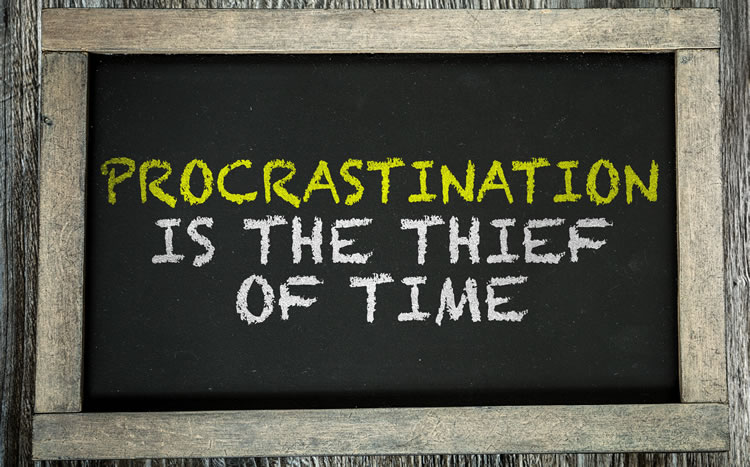Do you procrastinate when making a decision to enter a trade? Do you get frustrated when you have made a decision, and the choice you made looks as though it may turn against your positon? When you exit a trade, do you beat yourself up because you could have made more money if you had stayed it the trade? Do you get angry because you could have gotten a better price on the fill with the adjustment you made to your position?
In the process of becoming a consistently profitable trader, your emotions from your decisions can be aroused. Even experienced traders can have the same emotional reactions when making a trading decision. We have all been there at various times. It is inevitable. As you become a master of your decisions, you will become less and less emotional with the outcomes of the decisions you have made.
The traders who have the most success and fun while trading remain neutral once they have made a decision. The trader who remains neutral after a decision will not look back at the decision they made, nor will he/she question the validity of their decision. They live with the decision and move forward – good or bad.
One of the traits of a successful trader is to stay balanced. The balanced trader does not get overly exuberant when a profit is achieved, or too negative when a loss is incurred. Once this balance is present, you as a trader will enjoy the game of trading much more.
So how do you make your decision quickly without procrastination while trading and be happy with yourself?
The lack of making a decision is one of the major causes of failure. Procrastination is the opposite of making a decision. Procrastination is something most traders will experience at times, and can be a hindrance to your trading.
As you trust your decisions, you will develop an inner sense of knowing. The more you learn to trust your decisions, the better they will turn out. When you make quicker and definite decisions, your trading will be on a path of improvement. If making a trading decision more quickly is a new technique for you, try this in a paper account first. You can develop your quick decision skills in paper then move on to live money.
Napoleon Hill, the author of Think and Grow Rich, analyzed several hundred people who had acquired fortunes of over a million dollars. Dr. Hill wrote this book in the 1930's, the million in today's standards would be much more. Every of one of these millionaires had the habit of reaching decisions quickly and of changing their decisions slowly if and when they made a change. Dr. Hill also said
As a trader, it is important to make a decision and not let the opinions of others get in the way of your decision. Use the skills you have learned to become a consistently profitable trader, and trust your decisions. When you are not influenced by others once you have made a decision, you will be more comfortable and confident with your trading.
When you learn to use your own mind and create your own decisions in trading, you will become more at ease. It is very comforting to know you can do it. You have or are developing the skills to become a consistently profitable trader. You can learn from other fellow traders to gather knowledge to make your decision. As you absorb other successful traders' methods, it will enable you to make prompt and decisive decisions. Model the traders who emulate the trader you want to be.
It takes courage for a trader to make a decision and trust it. Making a decision involves the risk of it being right or wrong. When we learn from each decision, good or bad, it allows us as a trader to improve. Did you make your decision quickly with trust? How did it turn out? If the decision did not get the results you would have preferred, analyze your actions to improve your results.
As you become more and more persistent to make quicker decisive decisions, it will give you more power and strength as a trader.
As Napoleon Hill says,
If you would like to see how successful traders make their decisions, join one of the trading groups offered at http://www.capitaldiscussions.com. Perhaps you can pick up a tip to improve your decision-making process.


